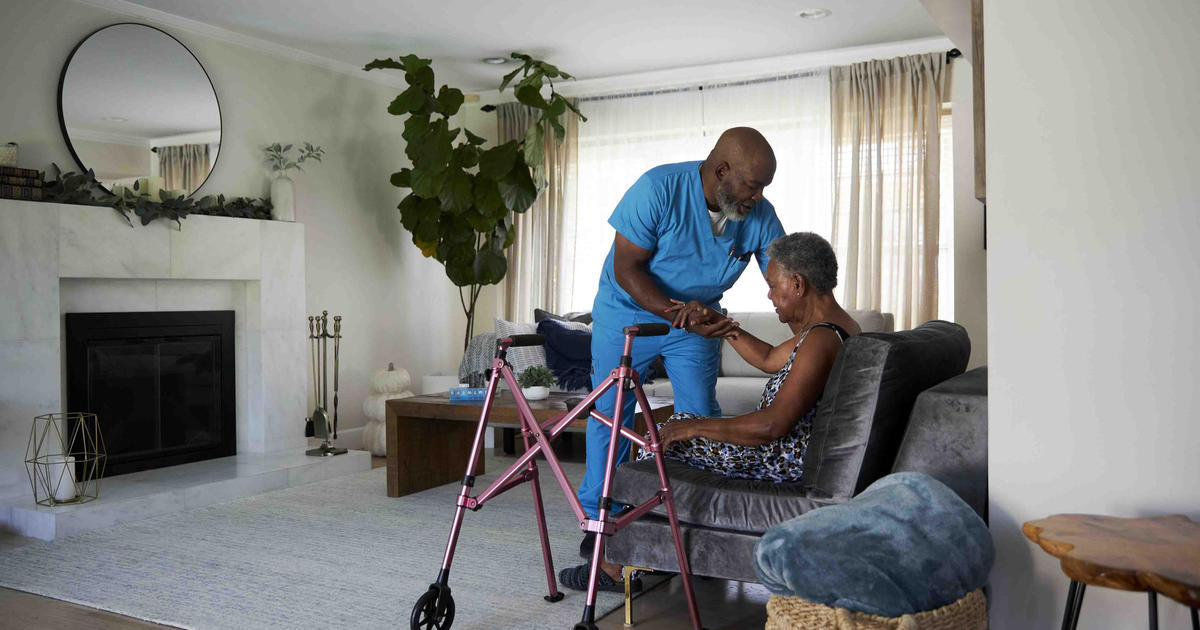Health care bill would drive up premiums for millions, CBO finds
For many Americans, a Congressional Budget Office estimate that 23 million people would lose health insurance under House-passed legislation raises a number of vital questions: Am I among the losers, and if I keep my coverage under the proposed law, how much would I have to pay?
The answers depend a lot on your income, age, health and place of residency. Here's a closer look at how the American Health Care Act (AHCA) would affect consumers:
Medicaid cuts. Low-income people are most likely to lose coverage because of the bill's deep cuts in Medicaid, which provides health coverage to poor and disabled people. The CBO, a nonpartisan agency that analyzes bills on behalf of Congress, estimates that 14 million people would lose coverage as a result of the proposed $834 billion in Medicaid cuts over 10 years. That number does not include an additional $600 billion in Medicaid tightening included in President Donald Trump's budget proposal, said Eliot Fishman, senior director of health policy at advocacy organization Families USA, and a former federal Medicaid official. "The total cut is almost 50 percent," he said.
Premium hikes for older Americans. The AHCA replaces government subsidies designed to help lower- and middle-income people afford insurance premiums with tax credits based on age. For older Americans, these credits would often amount to less in dollars and cents than the income-based subsidies they may receive now. At the same time, under the AHCA insurers could charge older Americans premiums that are as much as five times higher than those paid by younger people. Many could find that these tax credits don't cover the cost of increased premiums and, as a result, might discontinue coverage or turn to less expensive policies that offer skimpier coverage. According to the CBO, a 64-year-old with $26,500 in annual income would be charged $21,000 in health care premiums and receive $4,900 in tax credits. The person's out-of-pocket premiums would be $16,100, compared to $1,700 under Obamacare.
State waivers. The CBO looked closely at the potential effects of an amendment to the AHCA written by Rep. Tom MacArthur, R.-New Jersey, that would allow states to apply for a waiver from two significant requirements. The first covers essential health benefits, including maternity care, mental health and substance abuse treatment. The second would let states stop charging people with preexisting conditions who have let their insurance lapse at the same rate as healthy people.
Acknowledging that it can't pinpoint which states might seek the waiver, CBO analysts project that one-sixth of the U.S. population reside in states that could choose not to cover essential health services and may opt to charge people with preexising conditions more in in premiums than healthy people. Other states would take one or the other waiver and still others may not change health care requirements at all.
The result would be big premium increases in states that successfully waive federal requirements to cover preexisitng conditions and essential health services, CBO predicts. A 40-year-old living in a state making these changes and earning $68,200 a year would pay $2,900 in out-of-pocket premiums, compared to $1,700 under Obamacare. A 64-year-old with the same income would pay $16,100 out-of-pocket, compared to $1,700 today.
Even young, healthy people in these states paying lower premiums under the AHCA could face rising health care costs if they have medical issues that may not be covered by their policies. "People living in states modifying [essential health benefits] who used services or benefits no longer included in the EHBs would experience substantial increases in out-of-pocket spending on health care or would choose to forgo the services," the CBO concluded. In addition, people covered under the law could see their out-of-pocket spending on maternity care and mental health and substance abuse services increase by "thousands of dollars in a given year….," according to the report.
The CBO report provides a launch pad for the Senate to now consider the AHCA, where it is expected to undergo many changes.
"In terms of what the Senate will pay attention to," Fishman said, "that depends on what their constituents make them pay attention to."
The Associated Press contributed to this article.



